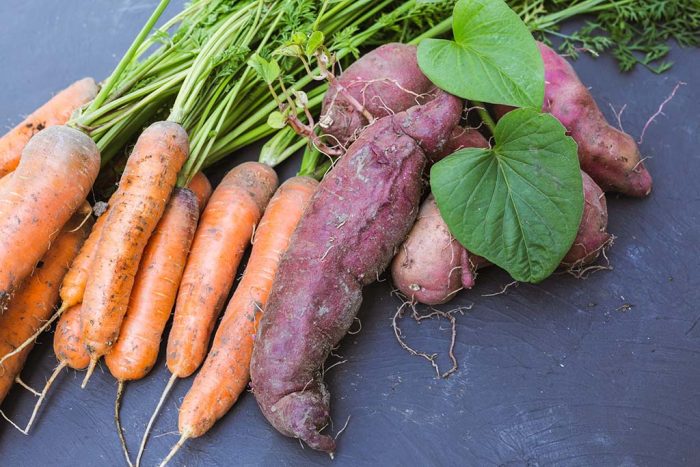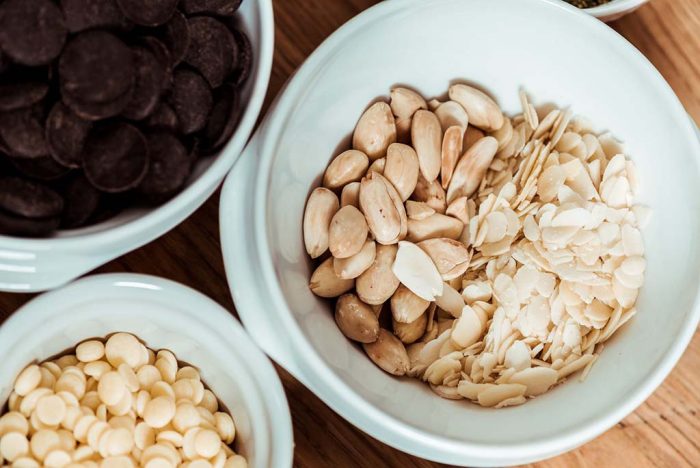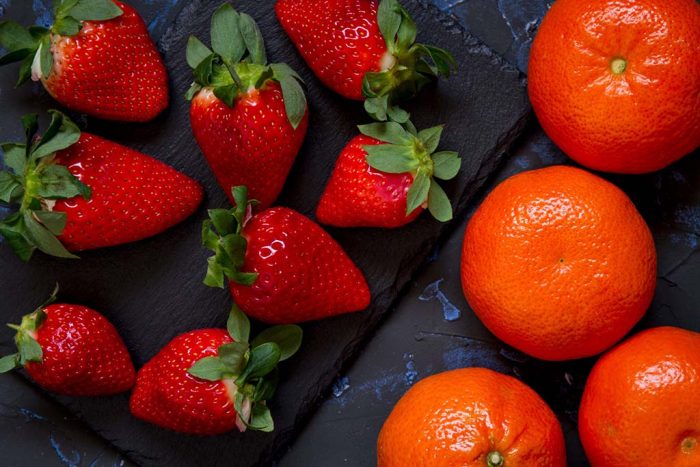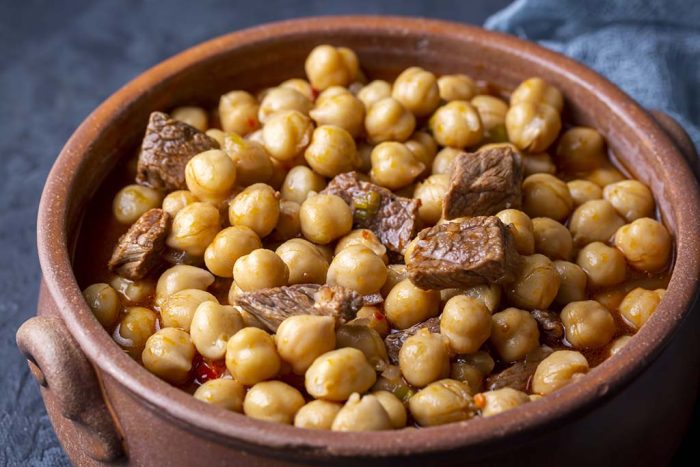To keep sharp eyes, having a regular check-up with an ophthalmologist and using eyewear is not enough. Your diet contributes to it by saving your eyes from harm and keeps your vision free. In this article, I want to look at foods that are good for eyesight and learn what good vitamins and minerals they have for our health.
Nutrients Essential for Eye Health
Some vitamins and minerals have been proved to maintain your eye systems and to prevent the disease of the eye. Here’s a closer look at the key nutrients and the foods rich in them.
Vitamin A
Vitamin A is necessary for quality vision, especially in dim light conditions. However, the word is Rhodopsin, which is vital to our eyes seeing in dim light.
- Best Sources: Carrots, sweet potatoes, spinach, apricots, and red peppers.

Vitamin E
Vitamin E is another eye antioxidant rich with the antioxidant activity of vitamin C. It acts in concert with it and other antioxidants.
- Best Sources: Almonds, sunflower seeds, spinach, and peanut butter.

Vitamin C
Vitamin C is an antioxidant whose function is to do away with the radicalism that affects people’s eyes negatively. That said, it maintains the condition of the blood vessels, which are found in the eyes.
-
- Best Sources: Oranges, strawberries, broccoli, kiwi, and red peppers.

Zinc
Zinc In the process of absorbing the vitamin A from the liver and the transferring to the retina to form the protective pigment, melanin, zinc plays the essential. It is used for the structure of the eye cells as well..
- Best Sources: Red meat, shellfish, chickpeas, and yogurt.

Other Beneficial Nutrients
Lutein and Zeaxanthin
These high magnetism carotenoids with a yellow colour are present in an increased quantity in the macula, a part of the retina responsible for accurate central vision. They save the eyes from the damage of the dangerous blue rays and the oxidative stress.
- Best Sources: Kale, spinach, broccoli, eggs, and corn.
Omega-3 Fatty Acids
Omega-3 Fatty Acids DHA, one of them in omega-3 fats, is high in the retina and is the main food to preserve the eye. As an addition, it serves as anti-inflammatory, which reduces the risk of dry eye and age-related macular degeneration.
- Best Sources: Salmon, tuna, flaxseed, and walnuts.
Including these nutrient-rich foods in your diet is easier than you might think. Here are some simple tips:
-
- Add a handful of spinach or kale to your smoothies.
- Snack on carrots, bell peppers, and strawberries.
- Incorporate fish like salmon or tuna into your meals twice a week.
- Sprinkle flaxseed or walnuts on your salads and yogurt.
- Enjoy eggs for breakfast to boost your lutein and zeaxanthin intake.
Conclusion
Vision problems are most frequently due to the diminishing of vitamins A, C, E, zinc, lutein, and omega-3 fatty acids, but their presence in a diet is of great importance. Shedding the light on the nutrient-dense foods and incorporating them into the daily meals can protect your eyes, which at the end might result in a clearer vision. So, in the next grocery shopping for healthier eyes, do not forget to buy these “eye-protecting foods“.

